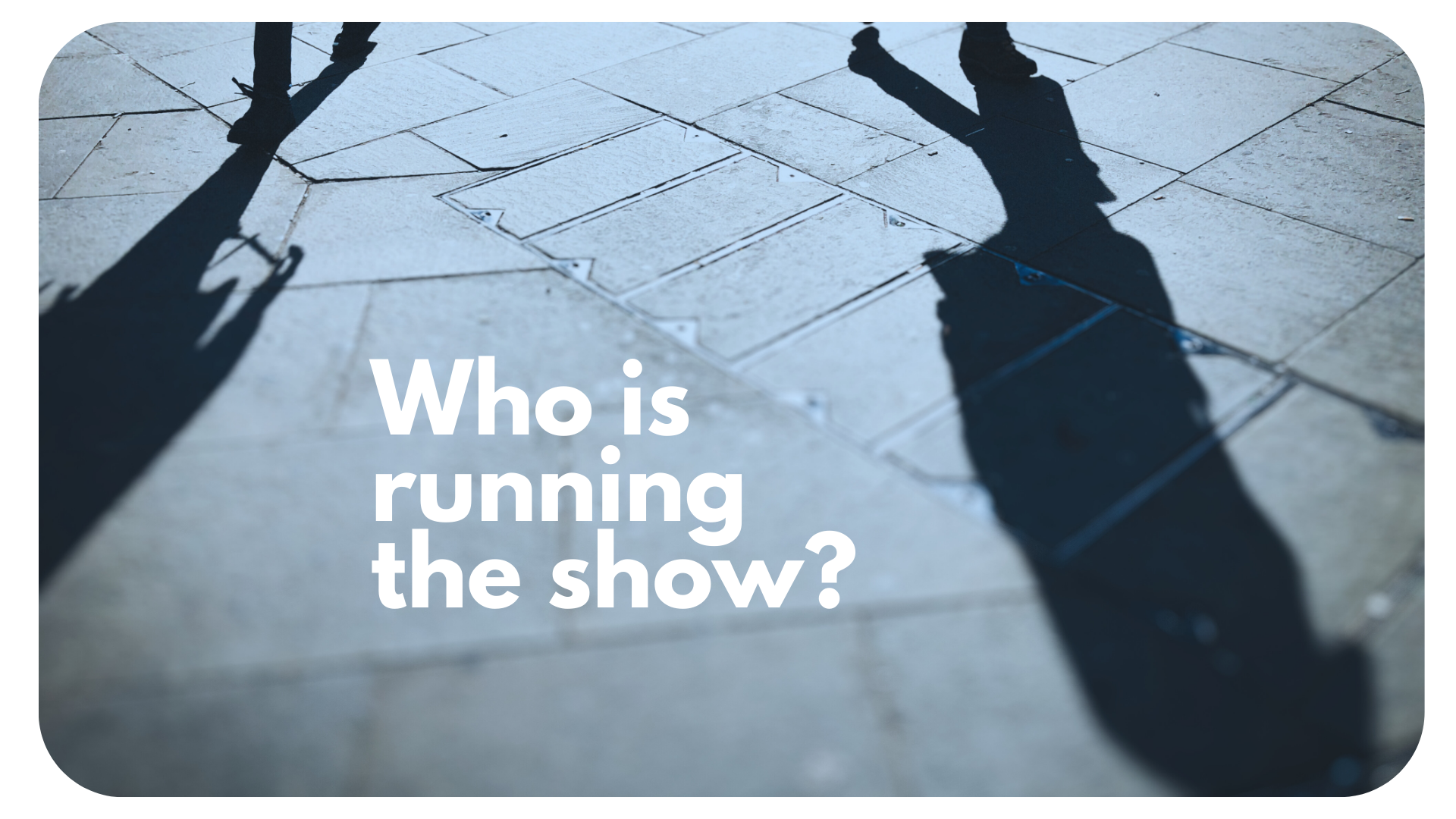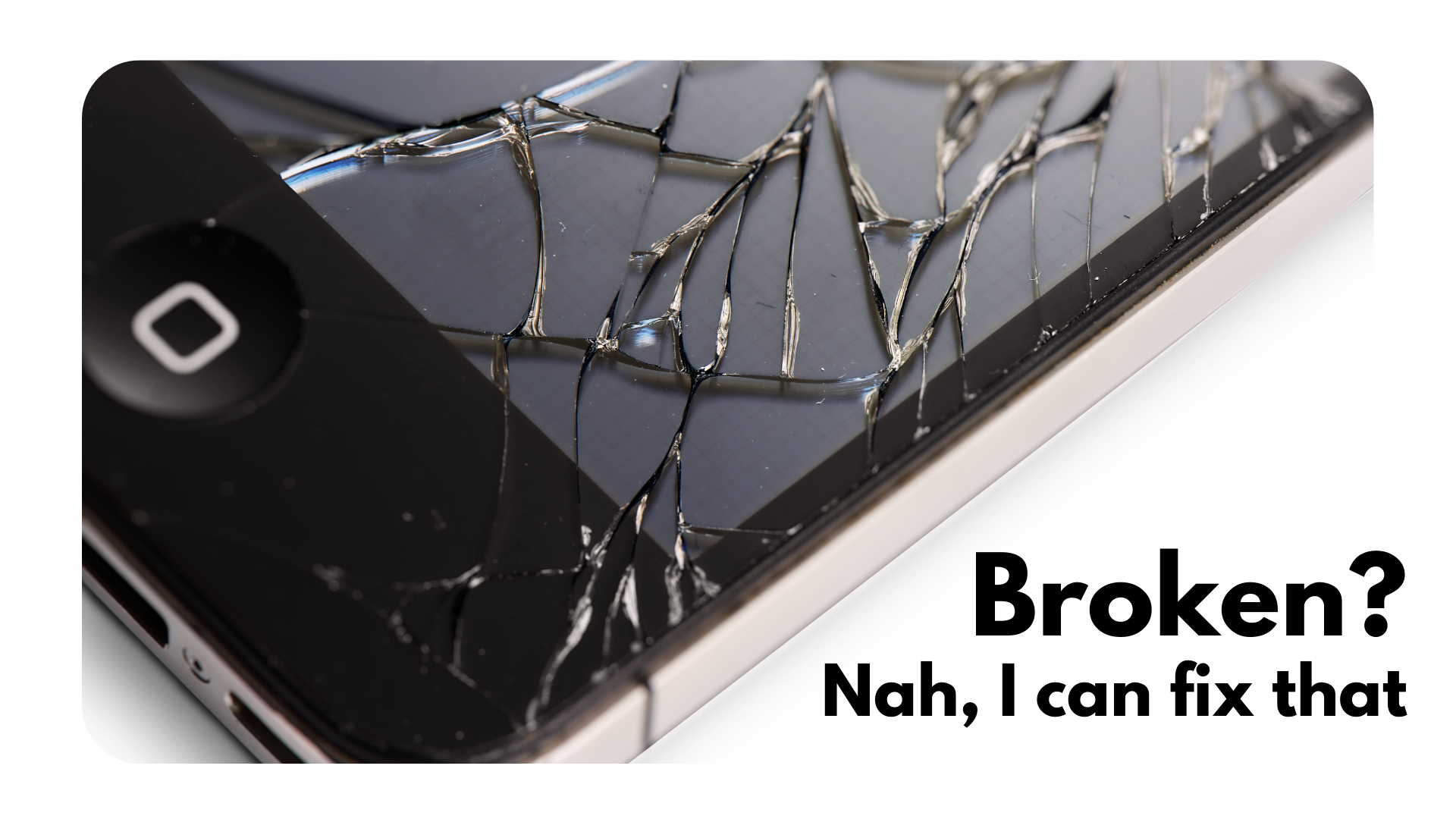Parenting Philosophy 101: Ancient Wisdom for Modern Dads
Thinking that Greek philosophy is the original self-help, I was revisiting a classic, Meditations, and found this passage about parenting from Marcus Aurelius:
"When you wake up in the morning, tell yourself: The people I deal with today will be meddling, ungrateful, arrogant, dishonest, jealous, and surly. They are like this because they can’t tell good from evil."
Ok, not exactly about parenting. But the mindset here is important—accept people’s shortcomings, don’t let them get to you. Easier said than done.
Now to parenting—when faced with these annoying, frustrating, and lid-flipping scenarios, try to remember that most of the crazy things our kids do are (probably) developmentally appropriate. But they still drive us crazy.
It is hard, and you have to build resilience. Let’s stay with our Greek philosophy friends and modern-day bro-philosopher, Ryan Holiday. He shared his approach to the new year using Stoic practices, and I cherry-picked (and toned down) a few that are perfect to help us dads—

1. Get Physical
Parenting is exhausting, taxing, and I’m going to go out on a limb and say if you are reading this, you are north of 40. Sustained physical exhaustion and emotional stress lead to burnout and trauma. No bueno.
I don’t mean sign up for CrossFit or commit to a triathlon. Let’s be real. Find something that works for you. After a few injuries, I changed my mindset from ‘weekend warrior’ to ‘weekend warrior-poet.’
And think about the Stoic mindset of mind and body.
Strong body, strong mind. There is a ton of data on the positive impact on mood and focus with just minimal activity—clear your mind.
You can do hard things. I look at people working out and think: What is motivating them? Fitness or just doing something hard? When you show yourself you are capable of doing hard things you become mentally stronger. This can immensely impact your negative feelings or self-talk. Both of these are incredibly powerful in helping you develop good mental hygiene (say good things to yourself, about yourself).
If you want more brain & exercise info, I like Dr. Wendy Suzuki’s ‘big fat fluffy brain' approach. Her work, based around positive brain plasticity, shows you CAN change your brain in response to your environment. And your daily choices can improve the anatomy, physiology, and function.
2. Send an SOS
We have a lot of hangups in our culture about asking for help. The hyper-masculine images we have from 300 and Gladiator don’t exactly spotlight the medics.
Well, Marcus A. thinks this:
“Like a soldier storming a wall, you have a mission to accomplish. And if you’ve been wounded? So what?”
As Ryan Holiday points out, ‘So what?’ is the focus here. It’s a validation that getting hurt & getting help is just part of the process like anything else.
You don’t shame people for going to the dentist, do you? But we have a hard time with therapy, coaching, and asking for parenting help.
It’s not easy. Not at all. Asking for help is hands down, 100%, without a doubt, THE hardest part of my journey through the unexpected of the last several years. I didn’t reach out until I had bounced off the bottom a couple of times, and it wasn’t pretty.
Of course kids' books have the best quotes-
Asking for help is not giving up, asking for help is refusing to give up.
—Charlie Mackesy, The Boy, the Mole, the Fox and the Horse
Why should you ask for help? Really? Why can't I just do it by myself?
When asking for help, the "gift" you give is the opportunity for someone to use their skills and time to help you, making them feel valued and appreciated for their contribution. It is a strange thing to comprehend. It took some experienced trauma caretakers to help me believe this.
Don’t be greedy—let them help.
And 'just talking' does help; it is one of the ways of healing. This is the most elegant expression I found to describe some of the benefits of talking . From The Body Keeps the Score: “Connecting with others and allowing ourselves to know and understand what is going on with us, while processing the memories of the trauma.”
Focus on the ‘allowing ourselves’ part of the quote and make time to invest in yourself as a dad by being around other dads.
3. Level-Up
Imagine you’re a character in a game (D&D, COD—all games matter). How did your cleric become a Level 7 necro-spellcaster? How did your MECH warrior get a proton laser shield pack?
They leveled up.
How do you level up as a dad? Commit to learning, reading, and improving.
The Stoics believed in continuous self-improvement. Marcus Aurelius, despite being the most powerful man in the world, wrote daily in his journal to reflect and refine his thinking. Seneca advised lifelong learning, saying:
"As long as you live, keep learning how to live."
The challenge is focus. The internet gives us endless access to parenting classes, books, and therapists—some prey on our insecurities. It’s overwhelming.
And guess what? If your kid learns differently, you probably do too. That means these won’t work:
-
64-page whitepapers on bedtime strategies
-
Dry YouTube lectures
-
Tons of ‘mom-focused’ resources
-
Audiobooks with adults doing kids’ voices
Commit to learning in a way that works for you. If it feels wrong, it won’t stick. You have enough going on—don’t start a six-part parenting challenge unless you’re up for it.
4. Take a Field Trip
My computer background is a freaking redwood forest, but that doesn’t count as getting out in nature.
Simply put: You need to move, put your eyeballs on real living things, and breathe real air.
Getting away from the immediate surroundings (chaos of home) and clearing your mind is a real thing and a valuable tool to have. Making a plan, having a routine, all of that is great. And being strategic about when and how you walk can help you stay emotionally regulated and sane somewhat. Walking is also a productive and respectful way to pull the rip-cord. Say, “I’m going to take myself for a walk,” and smile. Versus, “UUUUGGHHH!” and slam the door.
The Stoic philosophers were big on the ‘walk and talk’ even with those long robes. They felt it nourished the mind and body even with sweaty legs.
Don’t like walking? Here are a few things:
-
Walk with a guided meditation. I was surprised how much I liked Timbaland’s Time to Walk on Apple Fitness+. He's a good workout partner.
-
Do some yoga. Shut up, just do it.
-
Spin, skate, roll, lift, glide, climb, dig, swing—do something, just move.
Final Thoughts
Parenting is hard. It’s messy, exhausting, and sometimes feels like a never-ending test of patience. But it’s also one of the most meaningful things you’ll ever do. Revisit this.
The Stoics remind us that we don’t control everything—only our own actions, mindset, and response to challenges. We can’t eliminate stress, but we can train ourselves to handle it better. We can’t make parenting easy, but we can build resilience.
So, take care of your body, ask for help when you need it, commit to learning, and step outside when things get overwhelming. You don’t have to be perfect—you just have to keep showing up.
As Marcus Aurelius put it:
“You have power over your mind—not outside events. Realize this, and you will find strength.”
Now, go forth and parent with some Stoic knowledge and don't let those kids get to you, they can't help it.
.png?width=133&height=80&name=Untitled%20design%20(10).png)
 By
By


